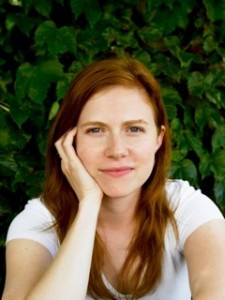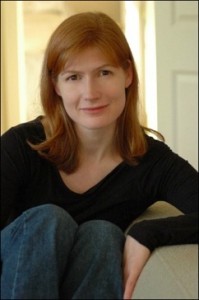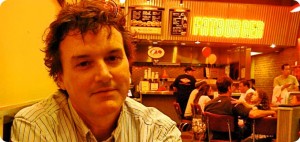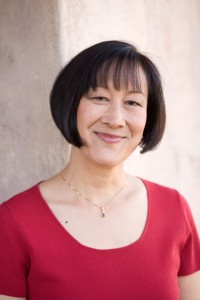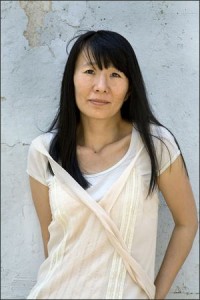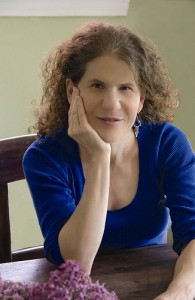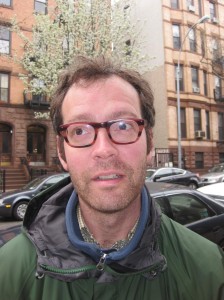The Shape of Disaster: An Interview with Margaret Lazarus Dean
Margaret Lazarus Dean’s The Time It Takes to Fall takes place in the early 80’s in Cape Canaveral, a space town, during a time when NASA and shuttle launches were still a part of the American story of success. Jennifer Metsker talks with the author about how the Challenger disaster affected us, the unique ways fiction captures the felt world, writing from the point of view of a child, and why we should allow our characters to misbehave.

